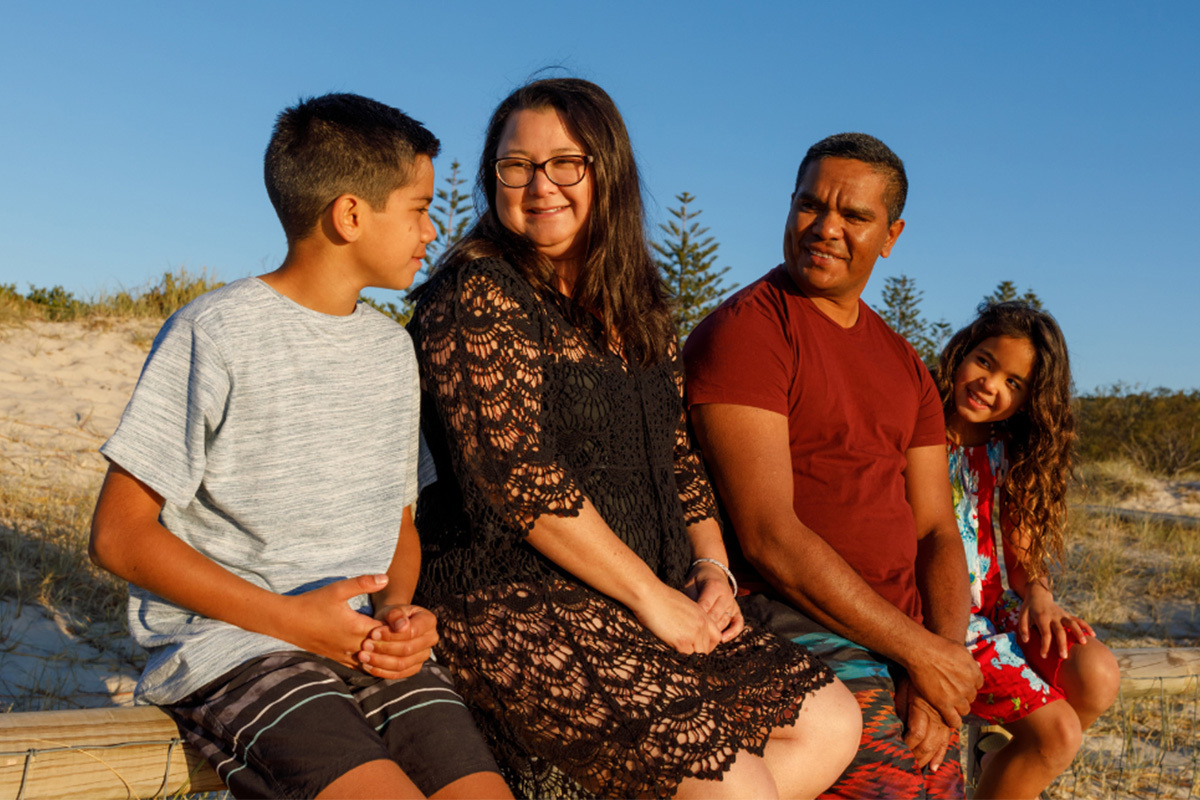Looking Through an Aboriginal Lens: Results of the Ngalang Moort Wangkiny Project (100 Families Western Australia)


Helping WA Aboriginal families break free of entrenched disadvantage
Extending from the 100 Families WA project , the Ngalang Moort Wangkiny (Noongar for “Our People Yarning”) project reports on the experience of Aboriginal entrenched disadvantage in Perth and the major lessons that should be drawn by the community sector on ending entrenched disadvantage in Perth.
The overarching goal of the 100 Families WA project is to develop an ongoing evidence base on poverty, entrenched disadvantage, and social exclusion in Western Australia that will be used by the policy and practice community.
In addition to the Centre for Social Impact UWA, 100 Families WA is a collaborative research project that brings together Anglicare, Centrecare, Jacaranda Community Centre, Mercycare, Ruah Community Services, UnitingCare West, Wanslea, WACOSS, and The University of Western Australia (the Social Policy Practice and Research Consortium and the School of Population and Global Health).
Led by Aboriginal researchers Glenda Kickett and Tuguy Esgin, the Ngalang Moort Wangkiny project aimed to delve into the day-to-day challenges faced by Aboriginal families while also highlighting their strengths and resilience. The focus was not solely on the hardships but also on the positive aspects, recognising robust family, cultural, and community ties.
Strengths and resilience of Aboriginal families
Despite significant challenges, the stories shared by participants revealed a notable strength emanating from family bonds, cultural connections, and community support. Kinship and family connected people, and cultures of sharing were identified as trusted sources of support during challenging times. On a measure of resilience, Aboriginal people in Ngalang Moort Wangkiny most often scored higher than non-Aboriginal people (from 100 Families), again emphasising Indigenous strengths. Language emerged as another strong asset, connecting people to each other and to the land. The active efforts to preserve and teach language, including its integration into schools, were evident.
Access and barriers to services
In addressing the needs of those facing hardship, access to services, particularly for food and health, was crucial. Unfortunately, levels of food insecurity are high. Barriers to access, such as transportation challenges, were common. Despite the emergence of new services and community organisations, there was a widespread desire for services to be more accessible and less complex.
What is needed for positive change?
Voices within the project advocated for an increase in Aboriginal-led organisations, a positive trend supported by the government. While government policies targeted various areas for change, it is necessary for organisations and programs to actively engage with Aboriginal strengths and promote Aboriginal culture. This transformative process would require new approaches to collaboration and relationship building.
The path to meaningful and sustainable improvements for Aboriginal families facing hardship involves recognising and building upon their strengths, addressing barriers to service access, promoting Aboriginal-led initiatives, and actively engaging with Aboriginal culture.
